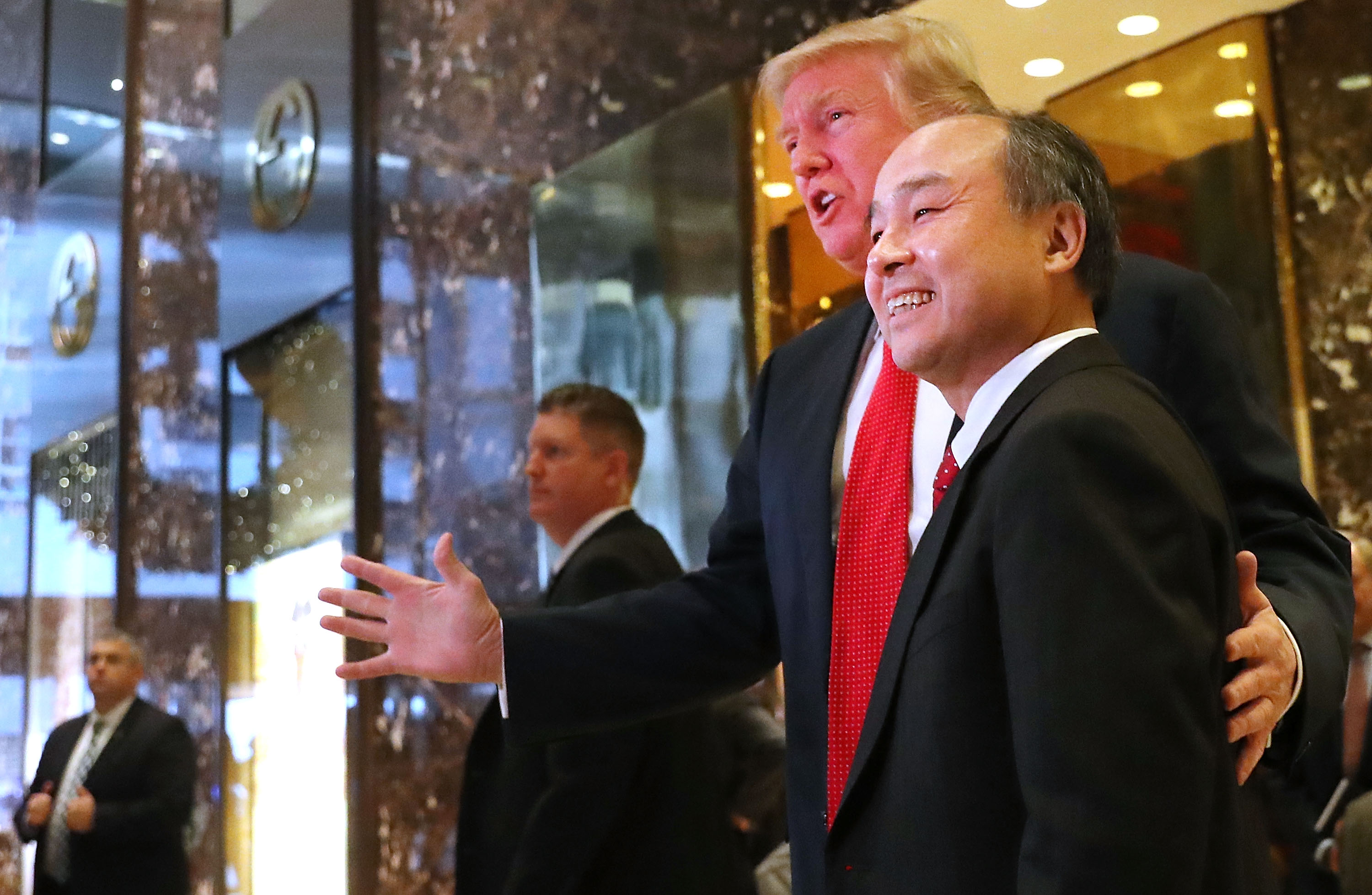SoftBank’s Vision Fund Is a Graveyard of Broken Tech Startups

Credit to Author: Edward Ongweso Jr| Date: Tue, 05 Nov 2019 13:29:10 +0000
Uber and WeWork have been disastrous not only workers and consumers, but for the investors responsible for pumping large sums of money into unprofitable tech startups. The companies are two of the biggest fish going belly-up after massive buy-outs from their largest investor, SoftBank’s Vision Fund. But they aren’t the only dubious investments SoftBank has made.
To understand the role Softbank has played in propping up tech companies, we assembled a list of other dumpster fires the Japanese conglomerate hopes to put out by pumping them full of money.
DoorDash
SoftBank was a lead investor in DoorDash’s $535 million Series D funding round, and involved in its most recent $600 million Series G funding round that raised the company’s valuation to $12.6 billion. Why is DoorDash so valuable? The startup follows in the footsteps of other companies like Uber that classify workers as independent contractors to keep costs low, but it goes one step further by stealing their tips. DoorDash has promised to change that policy, but has done nothing concrete about it yet. Instacart had a similar payment model that caused half its drivers to make below minimum wage after expenses, until backlash forced it to change. It’s hard to imagine DoorDash’s numbers are significantly different.
In California, app drivers scored a significant win with the passage of Assembly Bill 5, which will force companies to reclassify drivers as employees. But DoorDash, Lyft, and Uber are promising to oppose this legislation by backing a $90 million ballot initiative that exempts their drivers from being paid a living wage.
Fair
Fair is a Santa Monica-based car subscription service company that gets 45 percent of its business from Uber. The startup’s unprofitable business model is “flexible” car ownership for drivers who want a car but can’t afford to buy, lease, or enter a predatory agreement through a monthly fee. Last year, Fair purchased Uber’s car leasing subsidiary, which Quartz reported was turning some drivers into “modern-day sharecroppers.” And yet, somehow, Fair is valued at upwards of $1.2 billion.
The company’s CEO, Scott Painter, might’ve seen the writing on the wall WeWork, because it was only a few days after its implosion that he sent a memo announcing an immediate 40 percent staff cut—including his brother, Tyler Painter, who served as the company’s CFO. Earlier this week, Scott Painter resigned.
The layoffs culled over 500 people and were an attempt to rein in costs for a company that has no path to profitability, but was nonetheless able to raise nearly $1 billion from SoftBank and its Vision Fund, and over $2 billion in total from other investors and creditors. Fair’s business model relies on expanding car ownership—bad news, given that scientists are saying we need to drastically reduce car ownership to have any hope of curbing carbon emissions.
Katerra
You have almost certainly never heard of Katerra. The start-up pitches itself as a high-tech innovator that wants to make construction efficient again. The Information reports, however, that the company has struggled to actually follow through: it has backed out of at least six apartment and hotel projects in the United States this year and laid off over 100 employees.
Katerra has raised more than $1 billion from Softbank’s Vision Fund at a valuation of $5 billion with revenues around $850 million last year. There’s reason to suspect that Katerra is yet another SoftBank investment that will be written down—by comparison, Aecom, one of the world's largest architecture, engineering, and construction firms is profitable, worth about $5 billion, but brings in $20 billion in revenues.
Luckily, this company may be an investment that fails before it can do any real damage to the wider economic system with its VC war chest. There’s not much evidence that its patchy pitch can work: cut out middle-men, cut out unions, automate building materials production, ???, profits. That’s good news, because it means it won’t get a chance to kill competitors and suppress wages in the name of monopolies…no wait, we mean efficiency.
Oyo
Oyo is India’s largest hotel chain and the third-largest in the world. To date, the Vision Fund has invested about $1 billion into the company, but Oyo’s most recent $1.5 billion Series F funding round secured a $10 billion valuation. Since Oyo is currently unprofitable, you might ask how that $10 billion valuation was reached. Well, the company’s 25-year-old CEO and founder Ritesh Agarwal took out a $2 billion loan in July to buy back shares from early investors. Now, part of that loan ($700 million) is being used to inflate the valuation to $10 billion.
Oyo is on track to become the next WeWork. Nikkei Asian Review reported last week that the company's aggressive, failed expansion into Japan has turned into a "nasty labor dispute." Oyo planned to sign 75,000 rooms by March 2020, but by September had only signed 4,000; Oyo had hired 500 employees, but under contracts that would only bring them fully on-board as the expansion progressed. Once the expansion failed, Oyo reneged on its employment contracts, going so far as to ask staffers to take 40 percent pay cuts if they wanted to be employed directly.
Right now, Oyo is accused of colluding with popular Indian booking platform MakeMyTrip to engage in anti-competitive practices that favored Oyo. There’s no evidence that Oyo has a profitable business model—a running theme among Vision Fund companies. Oyo's pitch is that it is a tech company that turns existing hotels into franchises, provides an algorithm to analyze "supply and demand for rooms in real time," and lets hotels maximize their earnings by continuously adjusting rates.
Oh, we almost forget to mention: Oyo is also trying to enter the co-working industry.
This article originally appeared on VICE US.